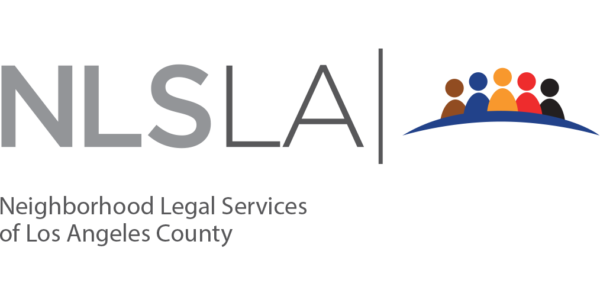NLSLA Lawsuit Challenging U-Visa Delays Moves Forward, Despite Government Effort to Dismiss
An NLSLA lawsuit seeking to enforce the rights of U-visa petitioners and demanding that immigration authorities make good on Congress’ promise to keep them safe will move forward, despite the federal government’s efforts to have the suit dismissed.
Federal Judge Dolly Gee agreed to hear the lawsuit, which charges the federal government with unreasonably delaying U-Visa determinations, leaving domestic violence survivors and other crime victims unable to work and in danger of deportation. Survivors of violent abuse and attempted murder who cooperate with police are left without protections—despite a program created by Congress to allow them to stay in the US and work.
“Without a doubt” the current wait time of more than 4 years is “an extreme period to make any…applicant wait,” the court concluded, saying it was critical to obtain data showing how the government processed applications in order to determine whether the delay is justifiable
Congress created the U-visa program to encourage immigrant victims of serious crimes to work with law enforcement while protecting them from deportation and allowing them an opportunity to begin their lives again in the United States. Because there is a low statutory cap on how many U-visas are granted each year, eligible applicants must be placed on a formal U-Visa waitlist, where they receive limited protection from deportation and an opportunity to apply for work authorization while their U-visa petition is pending.
But U.S. Citizenship and Immigration Services fails to process petitions and place victims with legitimate claims on the formal waitlist, leaving immigrant crime victims unprotected, at risk of detention by immigration authorities, and with no legal means of earning a living to support themselves and their families. Currently, victims must wait more than four years after filing their petitions just to get on the waitlist.
U-visa petitioners who were the victims of domestic violence are especially vulnerable. Many depended on their spouses for income, and are left unable to support their children on their own without a work authorization. They are left homeless, their children’s schooling is disrupted, and their family is unable to heal from the trauma.
The lawsuit, filed in federal court in January by NLSLA and pro bono co-counsel Winston & Strawn, could impact more than 228,000 pending U-Visa applications.


